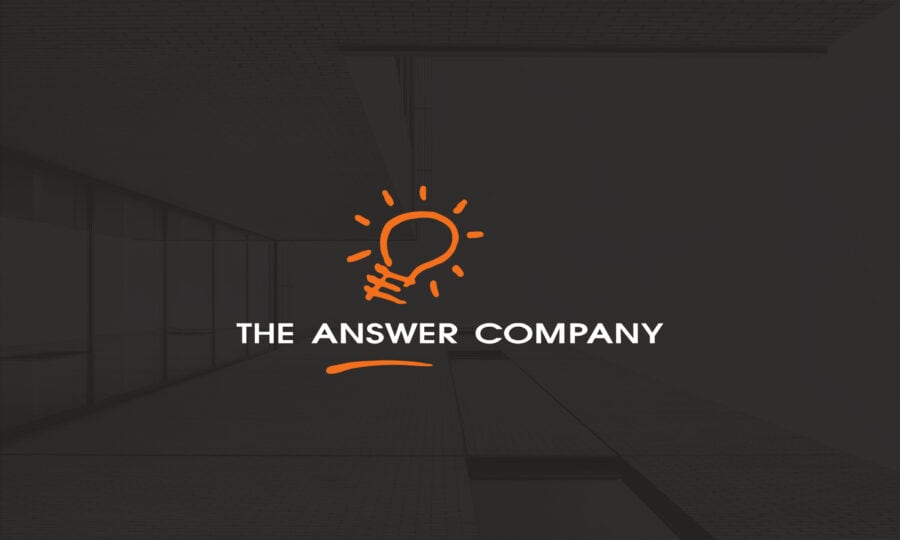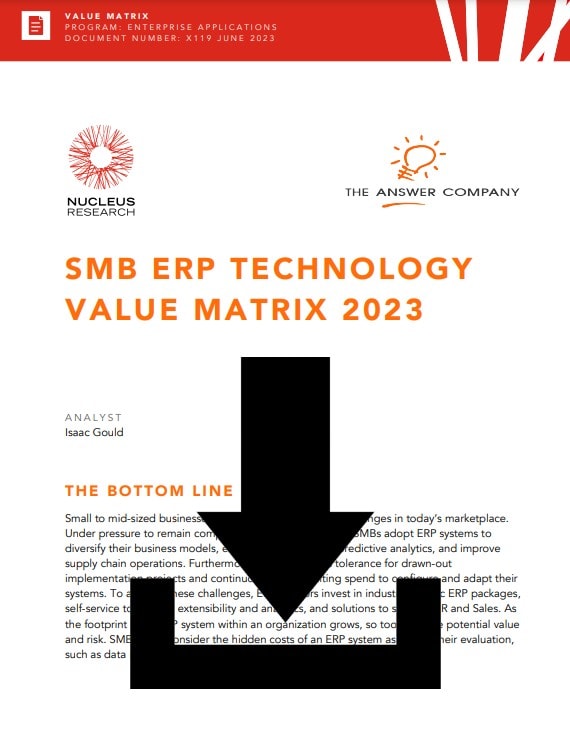ERP Technology Innovations Shaping SMBs
Small to mid-sized businesses (SMBs) face numerous challenges in today’s competitive marketplace. SMBs are turning to cloud ERP technology to remain competitive while cutting costs.
ERP adoption allows them to diversify their business models; however, SMBs must carefully evaluate the hidden costs and consider various factors when selecting an ERP system. In this blog, we will discuss the challenges faced by SMBs, the benefits of ERP systems, and highlight leading ERP vendors in the SMB market.

